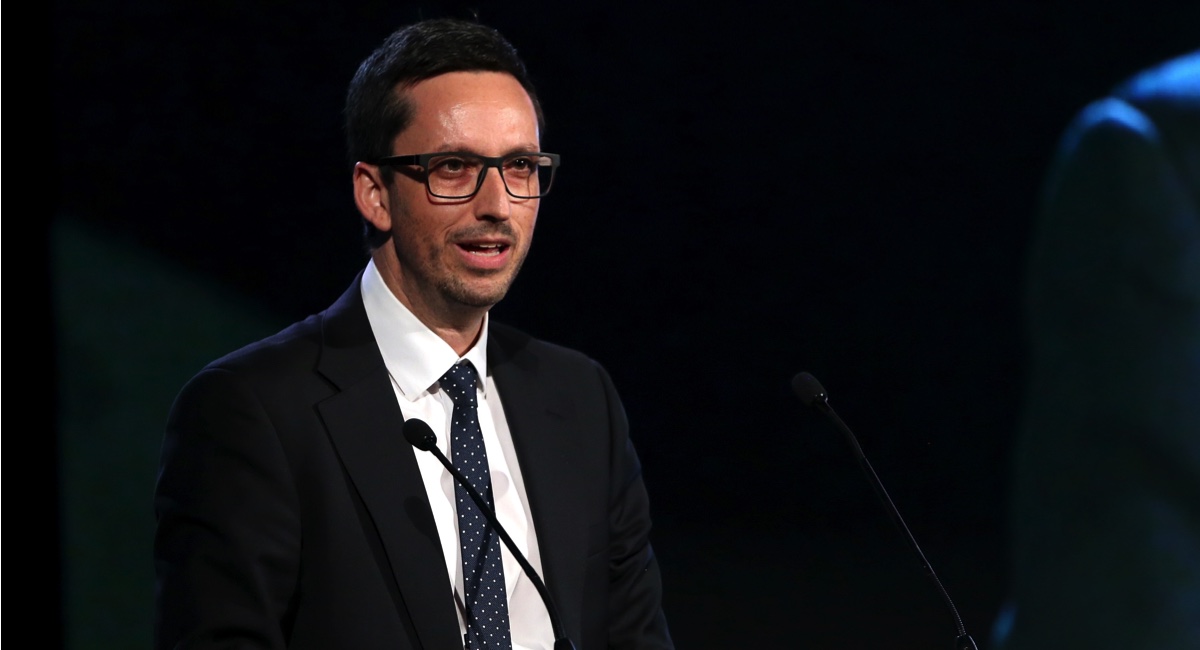Working as the head of digital at Australia’s most-read newspaper, Herald Sun, can be exhausting.
“The biggest challenge is that everything changes so fast that no matter how fast you adapt, learn and iterate, you have to continually do it. There’s no endgame,” Herald Sun’s head of digital Nathaniel Bane told Mediaweek. “It does get exhausting. Every day. [Laughs]”
However, this is also the most “exciting” part of the job for him.
Bane joined the Herald Sun in 2009 as the digital news producer and homepage editor. He later worked as the digital editor of the masthead before being promoted to head of digital. “I sit on the executive table with the leaders of the Herald and Weekly Times who look after all the key areas. I represent digital at that level. Underneath that, I also look after all the people who execute – the editorial and commercial teams,” Bane explained.
Herald Sun’s stablemate at News Corp Australia, The Australian, celebrated 100,000 subscribers in November 2017. Bane revealed that the Melbourne metropolitan title isn’t too far from reaching the six figures itself. A few weeks ago there was an internal email circulated to staff informing them that the Herald Sun had passed 90,000 digital subscribers.
Bane was the author of the first post in 2011 that informed readers about Herald Sun’s decision to introduce a paywall to its site. This was “a massive change” for the business. The news was first met with much criticism. Readers were even offended that Bane was smiling in his professional shot that was displayed next to the by-line on the article. In response to the readers’ sentiments at the time, he changed his photo to a less happy-looking one. “It’s funny what people pick up on,” Bane said.
“The propensity for people to pay now for a digital product has changed,” he stated. “When we first launched the paywall, the general view was, ‘Nobody would ever pay for content digitally because you can get it for free. So why would you?’
“Products like Spotify and Netflix have helped change this. They have normalised digital transactions for people. People are expected to pay for content now.”
The challenge now is not just getting people to pay for content, but retaining paid customers. “You need to have a very good product, as well as provide a very good experience and content. You need to be able to give the content to people when, where and how they want it,” Bane said. “They need to see value in it.
“You can see it globally now the focus is on retention. Once you have a reader, how do you keep them? That’s our #1 focus now. That is what we are trying to get better at and do more of.”
Social media platforms are a big part of the digital news ecosystem. That is where a lot of people are getting their news from, Bane acknowledged. Facebook is a big driver of traffic to the Herald Sun website.
Facebook Australia and New Zealand’s media partnership lead Andrew Hunter recently confirmed to Mediaweek that one of his focuses this year will be talking to publishers in the region about how the platform can support subscriptions more. Mark Zuckerberg also revealed this as a focus for the organisation at a global level at the recent F8 conference.
Bane is still sceptical about the progress that Facebook will make this year on supporting publishers’ subscription models on the platform. “They have been talking about this for a very long time. You have things like Instant Articles, so there are other things that they have done but at the end of the day, we have seen nothing yet that has instantly changed the game.
“Facebook and Google are interested in one thing only, their commercial model.”
Talking about what the newsroom would look like in five years’ time, Bane said: “I’d be a very rich person if I knew. It’s really hard to say, but the one thing you can see happening is that more people in newsrooms are becoming multi-skilled. There’s been a reasonably fast evolution on how you produce the news. That is probably going to speed up more.
“Growth of mobile is not going to go away. It’s a great device. Everyone has it in their pockets.”
